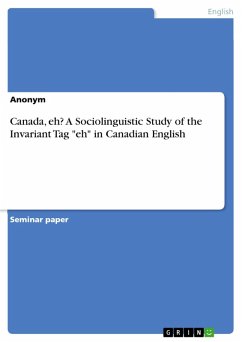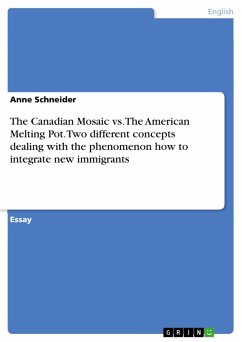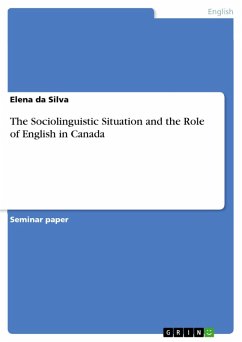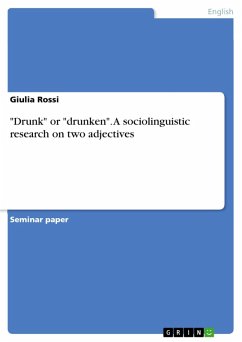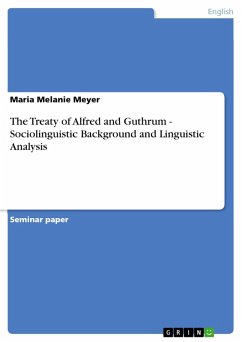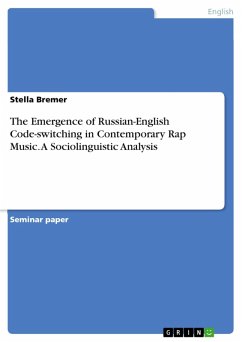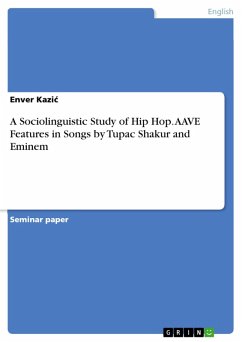Seminar paper from the year 2018 in the subject English Language and Literature Studies - Linguistics, grade: 1,0, University of Innsbruck, language: English, abstract: The invariant tag "eh" is regarded as characteristic of Canadian English, although the usage of "eh" is similarly common in varieties of English outside of Canada, such as British, Australian and New Zealand English. However, despite its status as a typical marker of Canadian English, there is comparatively little research about its usage and specific functions. Nevertheless, it can be assumed that there are considerable discrepancies in the use of the invariant tag "eh" as recent research points to differences in terms of register as well as the age of the speaker. In fact, "eh" is often associated with vernacular Canadian English and, furthermore, appears to be in decline among younger speakers. Accordingly, it is more likely used as well as accepted in less formal settings and by a comparatively older speech community. Therefore, this paper seeks to specifically examine the contemporary usage of "eh" with regard to the assumed differences in register and age of the speakers by means of an empirical study. On the basis of a questionnaire that draws on Gold's 2004 Toronto survey, the variation in the use of eh is investigated among a relatively heterogeneous group of Canadian English speakers. Thereby, the differentiation between using "eh" in a formal and informal setting is also included as this paper aims at analyzing the differences in terms of the perceived formality of the various types in particular. However, in order to provide an understanding of the diverse communicative functions of this invariant tag as well as to emphasize significant differences in the usage of and attitude towards "eh", the main findings of recent literature are presented at first. Subsequently, the methodology of this study as well as the development and distribution of the designed questionnaire are elucidated. The main part then illustrates the results of the survey and compares them with findings of earlier studies, such as Gold's 2004 survey, which consisted of similar questions but did not cover the differences in register and age.
Dieser Download kann aus rechtlichen Gründen nur mit Rechnungsadresse in A, B, BG, CY, CZ, D, DK, EW, E, FIN, F, GR, HR, H, IRL, I, LT, L, LR, M, NL, PL, P, R, S, SLO, SK ausgeliefert werden.

